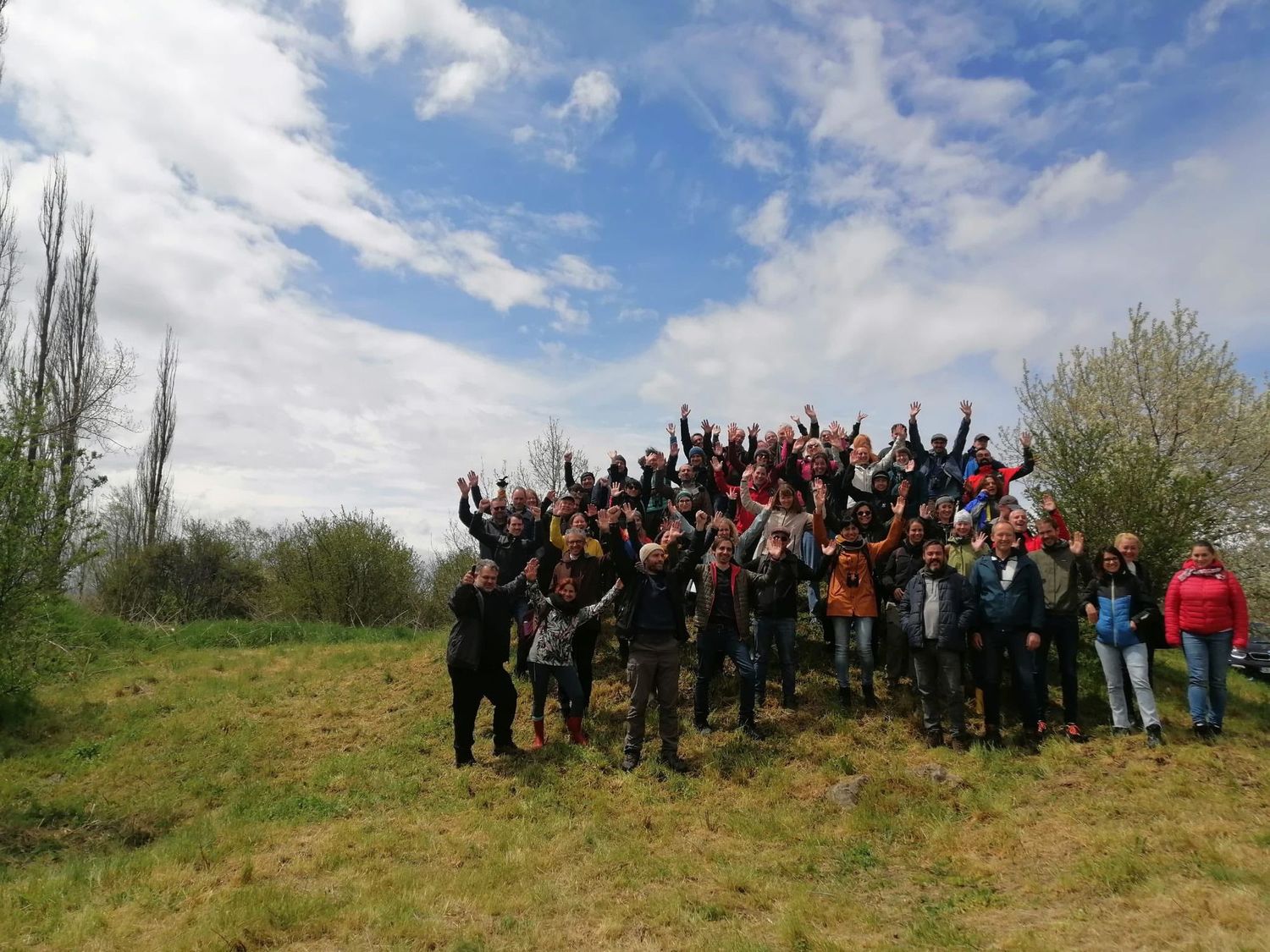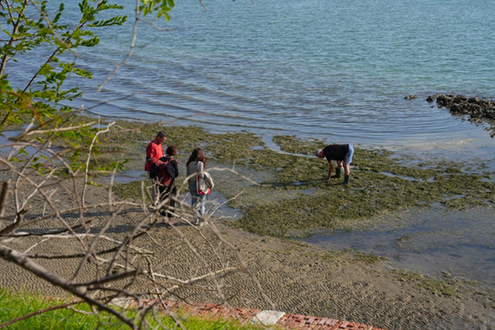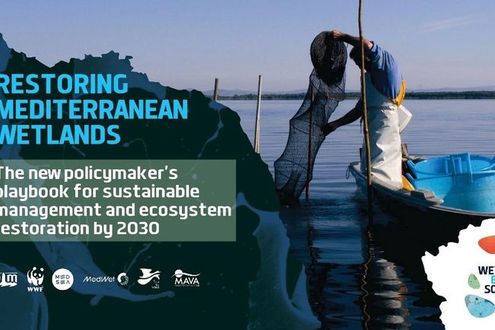I had the privilege of being one of the representatives from Yorkshire Integrated Catchment Solutions Programme (iCASP) and University of Leeds who took part in the first WaterLANDS General Assembly which in was held in Sofia last month. This also involved a field trip to the Dragoman Marsh – the biggest natural karst wetland in Bulgaria.
Our contingency – Julia Martin-Ortega, Richard Grayson and myself – arrived at the Hemus Hotel late on Sunday evening. After some coaching from our friendly taxi driver, we were able to say ‘blagodarya’ (thank you) to the receptionist. For those of us lucky enough to stay at the Hemus, our meeting rooms were in the same building we were sleeping in and so fortunately the commute was zero.
It was a great atmosphere. Almost everyone I spoke to commented how nice it was to see each other in actual, physical reality rather than on video conferencing screens. It felt a bit like seeing old friends for the first time in a long time.
The first two days of the event were dedicated to ‘cross-fertilization’ i.e. sharing of experience and knowhow – between Knowledge Sites and Action Sites. The focus of WaterLANDS is to restore six Action Sites, which are degraded freshwater and coastal wetlands, across Europe. The project will also gain from the experience of 15 Knowledge Sites.
Representatives from each of the Sites updated us on their progress with the restoration, challenges they faced and their approaches to engagement.
Our fantastic Bulgarian hosts – Ivan Hristov, Petko Tzvetkov, and Miroslava Popova – explained what was happening at their action site at Dragon Marsh (image 1). This included the complexities of land ownership at how waste water entered the marsh from the nearby town, ongoing efforts to repair a wooden walkway through the marsh which was destroyed in a recent fire, how their educational centre operated and their bird ringing camps, run by volunteers.
Pictured 1 and 2: Ivan Hristov outlines some of the complexities associated with land ownership at Dragoman Marsh, and Miroslava Popova describes their volunteer bird ringing days held at Dragoman Marsh - a great way to get children and others practically involved in the Marsh.
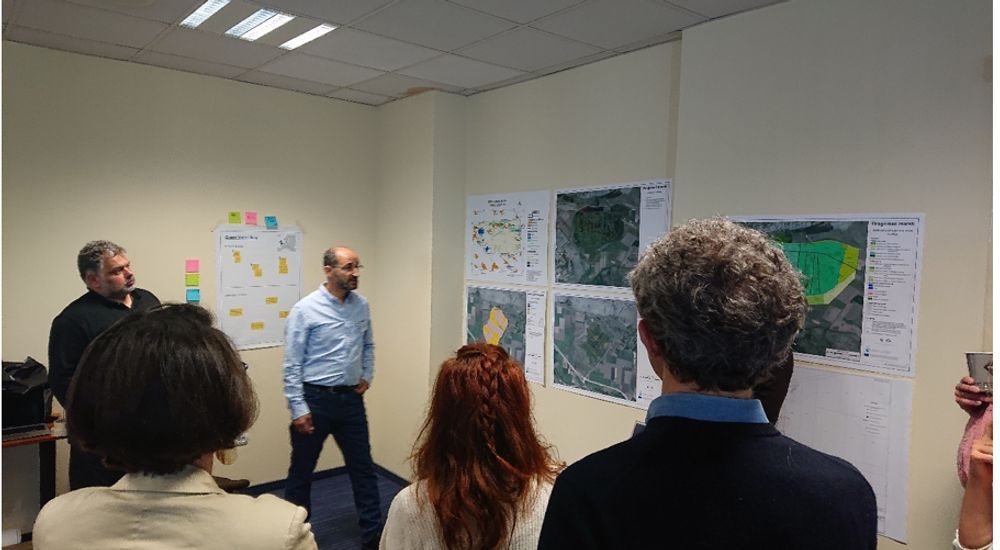
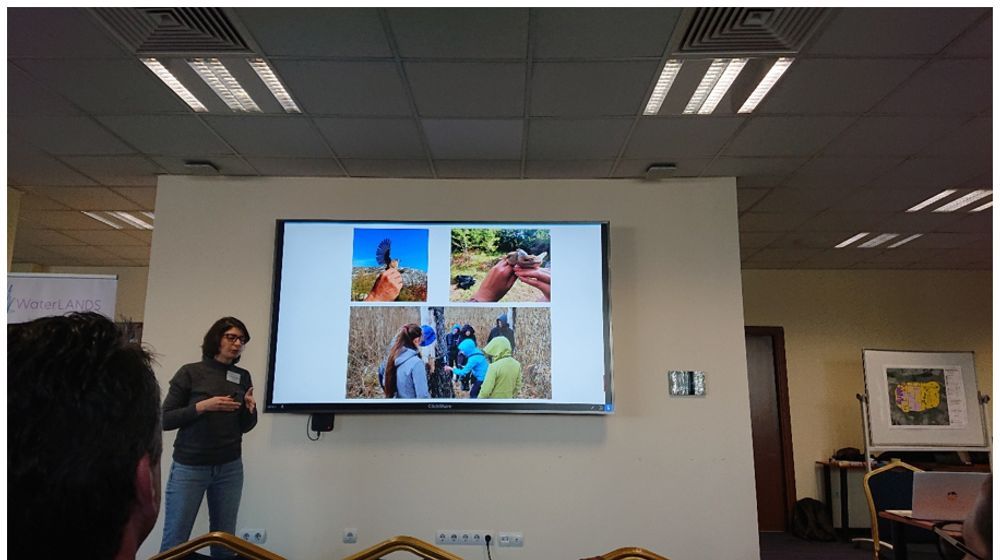
On Tuesday, our meeting focused on ‘Twinning’ – encouraging each Action Site to form a knowledge and best practice sharing ‘triangle’ with two Knowledge Sites based on cultural, ecological, economic or other similarities. Our Yorkshire iCASP Site, the Great North Bog – an ambitious, largescale peatland restoration initiative developed by our partners – formed a triangle with Abbeyleix Bog, Ireland, and Belene Island, Bulgaria. Teams at each site have a huge amount of experience from which we hope to learn.
Pictured 3 and 4: Professor Julia Martin-Ortega takes part in a session on co-creation with Yorkshire iCASP twins, Abbeyleix Bog and Belene Island.
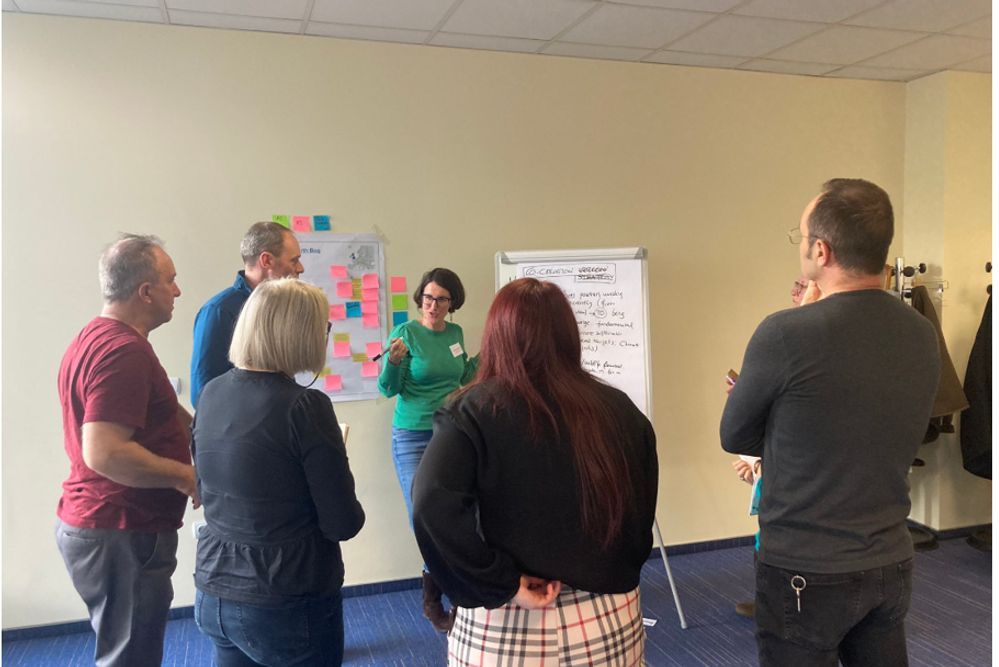
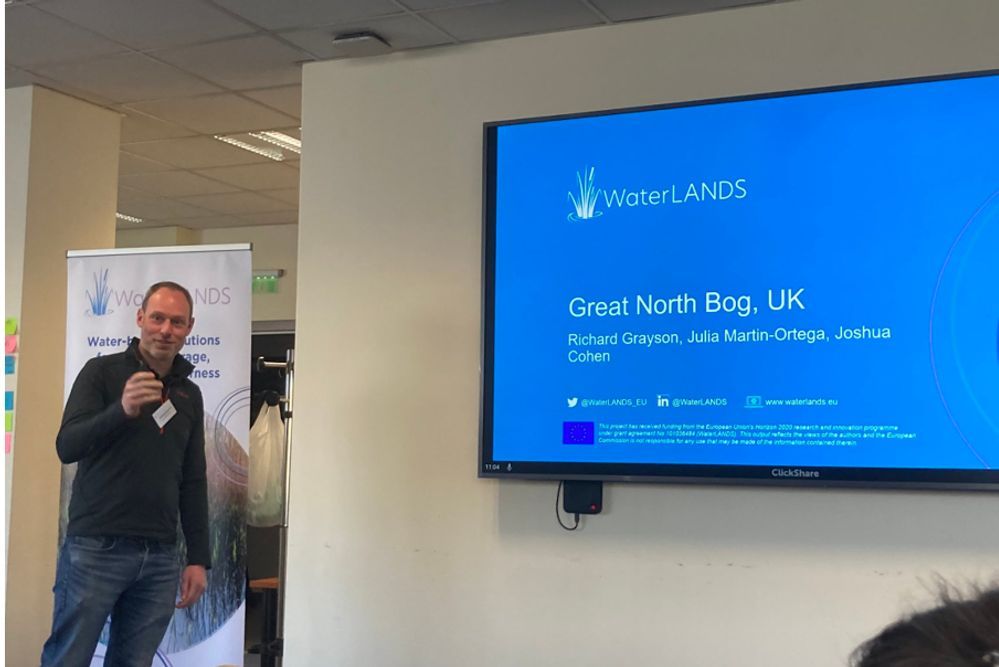
On Wednesday, we climbed aboard two buses and were treated to a day-long site visit to Dragoman Marsh and nearby Aldomirovsti Marsh. However, first of all we visited the educational centre where local government officials expressed their enthusiasm for marshland restoration.
At the marsh itself, we both had a chance to walk both in amongst the reeds and up the side of a nearby hill, each offering a very different perspective on this beautiful, complex landscape in need of some restorative care and attention.
Pictured 5, 6 and 7: Visiting Dragoman Marsh. Renee Kerkvliet-Hermans and Professor Julia Martin-Ortega walking through the Action Site.
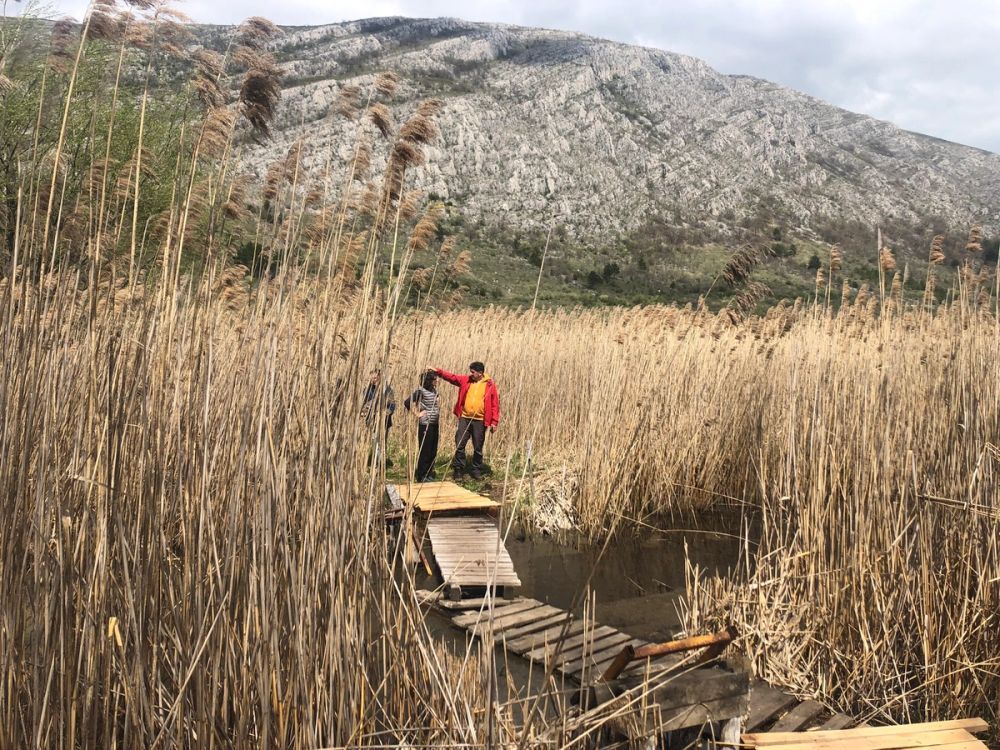
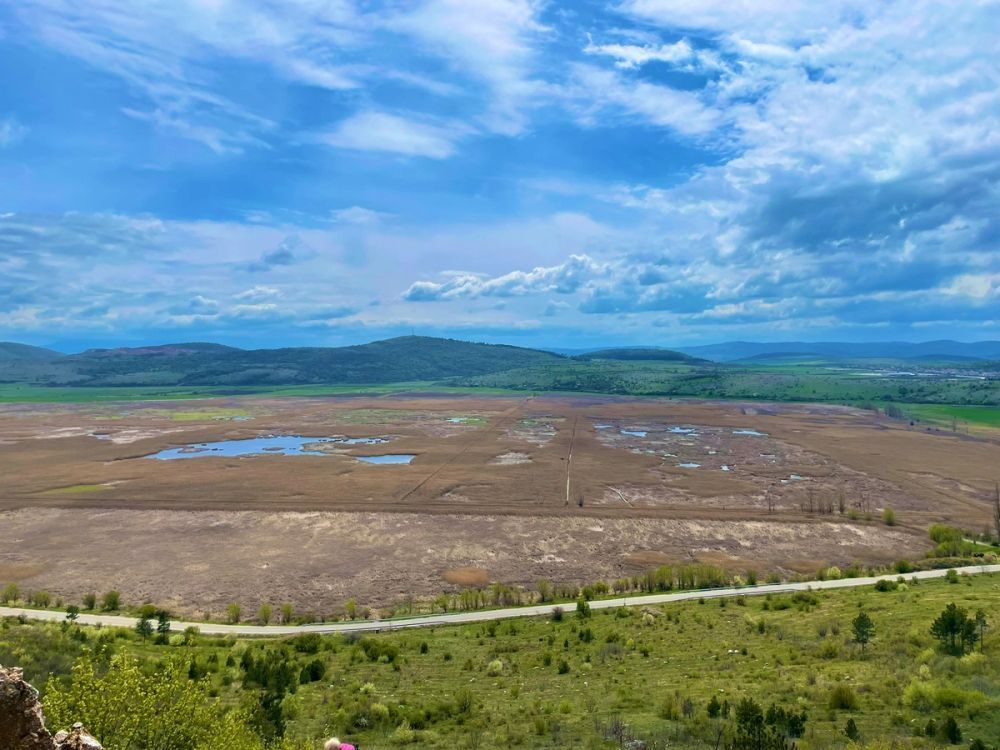
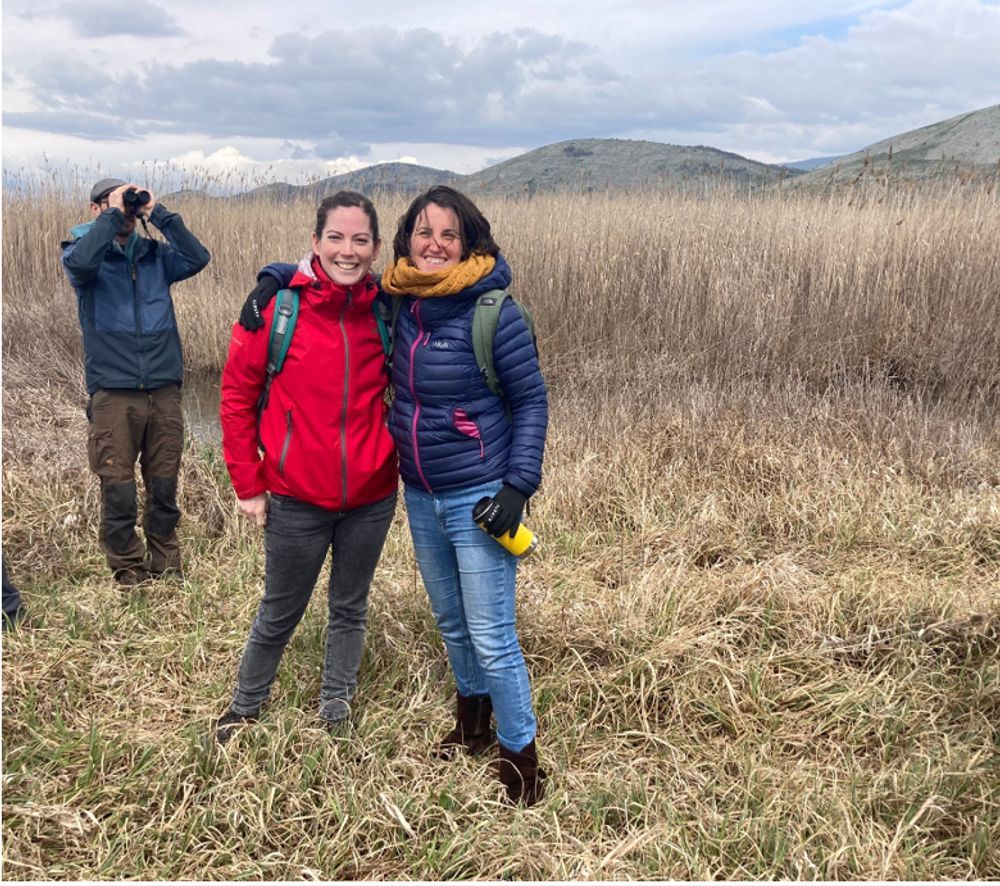
Back in Sofia, the last two days of the meeting took the form of a General Assembly, with more colleagues, more familiar faces, arriving to take part from around Europe. Highlights from an intense and varied couple of days of discussion, idea-sharing and socialising included: Sonia Mena, Ellis Dupker and Agata Klimkowska introducing us to their co-creation framework emphasizing the central place of such an approach to the WaterLANDS project and a delicious, fun collective meal at a restaurant in the foothills of the local mountains with traditional music and dancing, even some religiously inspired fire-walking. By Friday afternoon, we were on a plane back to the UK, although some others were lucky enough to stay for a trip to the knowledge site on Belene Island.
Pictured 8 and 9: The General Assembly gets underway, the team all together at Dragoman Marsh.
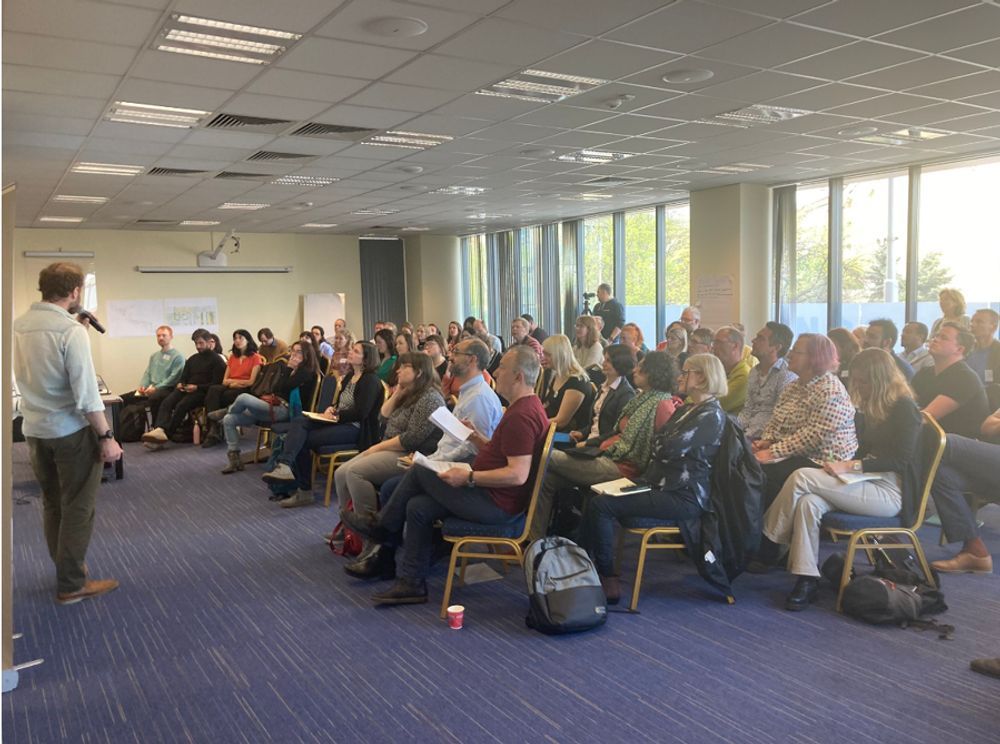
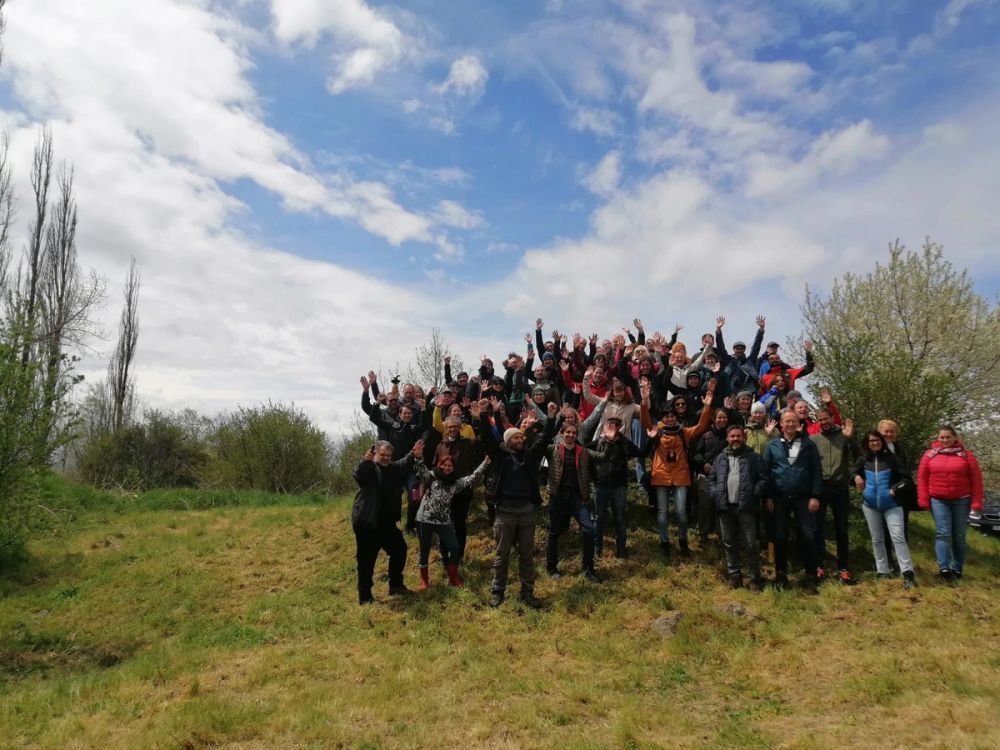
Thank you to Dr Joshua Cohen and Yorkshire iCASP for providing this blog.
